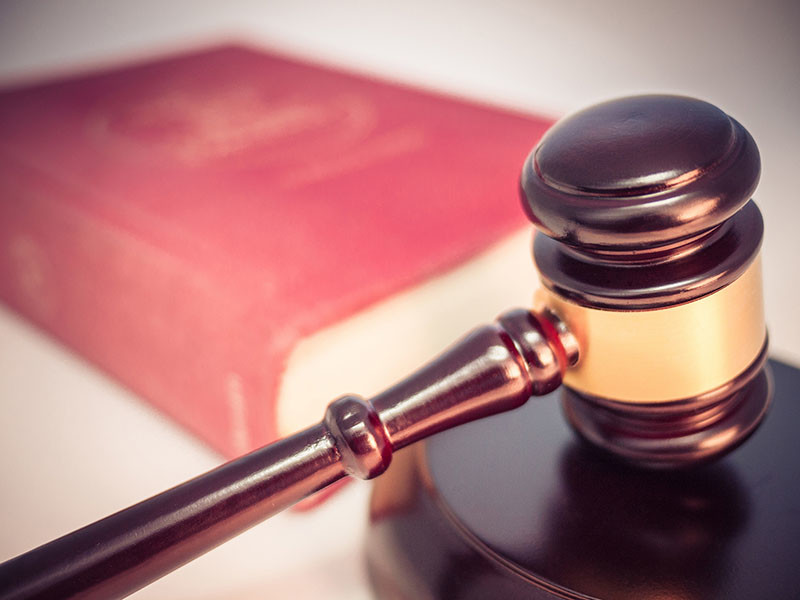In a recent marine pollution enforcement action involving a bulk carrier, the U.S. Department of Justice included charges of “obstruction of justice.”
The case involved intentional discharges of about 10,000 gals. of oily waste onto the waters off Louisiana by a bulk carrier in 2021. Ship personnel failed to use the oily-water separator and oil content monitor. Further, they did not record the discharges in the ship’s oil record book.
Obstruction of justice is a crime that covers a broad range of acts that impede the efforts of authorities in investigating or prosecuting a criminal matter. This could include giving false statements to investigators or prosecutors to throw them off the trail, lying under oath, making threats to witnesses or hiding evidence. Different penal codes could define the crime differently from state to state.
In this case, charges of obstruction arose from repair operations aboard the bulk carrier in March 2021. The ship, registered in the Marshall Islands, was at an anchorage near New Orleans. Repairs were underway to correct a problem involving discharge of clean ballast water. A valve burst and flooded the engine room. Later in the evening, engineering personnel pumped the water overboard.
While the discharge itself amounted to a violation of the Act to Prevent Pollution from Ships, the obstruction charges stemmed from efforts to conceal things. This included making false statements to the Coast Guard, concealing the fact that the engine room flooded and oil-contaminated bilge water was pumped overboard, destroying computer alarm printouts, directing crewmembers to make false statements to the Coast Guard, making a false oil record book, ordering the deletion of cell phone evidence, and preparing a retaliatory document accusing a whistleblower of poor performance to discredit him.
The incident came to the attention of authorities when a crewmember used social media to alert the Coast Guard.
It’s interesting to contrast two forms of conduct here — whistleblowing and obstruction. The whistleblower is acting to blow the lid off things, while the obstructor is often trying to keep things hidden.
Sometimes the reason for concealment could be fear of losing a job or sometimes it could be out of loyalty to a company. But in the eyes of the prosecution, that doesn’t change things in terms of criminal culpability for the crime of obstruction of justice.




